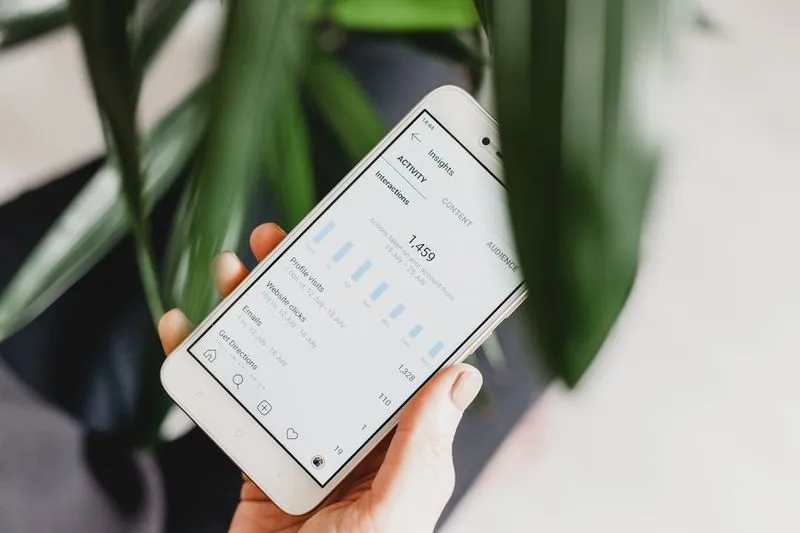
YouTube Relaxes Rules Against Election Misinformation
YouTube, one of the largest social media platforms, has recently announced its decision to reverse its policies against election misinformation. The company will now allow some false claims revolving around the 2020 US Presidential election that it had previously prohibited, stating that it does not want to remove content that merely spreads incorrect information, arguing that this could discourage political speech without meaningfully reducing the risk of violence or other real-world damage.
The Need for Election Misinformation Regulation
YouTube's decision to roll back its election misinformation policies and allow some false claims could severely impact the fair and democratic representation of elections in the United States. Misinformation during elections has been a worldwide issue, and social media companies such as Twitter, Facebook, and YouTube have attempted to manage it with various levels of success. The trend in recent years has been for companies to take a more hardline stance, with policies aimed at scrubbing misinformation entirely and reducing its spread.
However, YouTube's recent decision appears backward, loosening restrictions and opening up avenues for widespread speculation and disinformation campaigns. Misinformation can lead to the deterioration of democracy by creating a rift between trust and governance or spreading false information that can lead to violence or mistrust among citizens. Especially with the 2024 US Presidential election gearing up, there is a greater need for strict scrutiny by social media companies in terms of content so as not to derail fair and free elections.
A Strange Choice by YouTube
While there is a compelling argument that denying the valid results of a presidential election ultimately does more to discourage people from voting, allowing users to sow mistrust in the democratic process does not seem to fit into any effort to reduce "real-world harm." In fact, YouTube's recent move appears to be a strange choice that is hard to comprehend.
No doubt, YouTube will need to reconsider this new policy. Instead of rolling back its rules against election misinformation, it should strengthen its policies and keep a watchful eye on content creators to keep misinformation from spreading. If YouTube and other social media platforms fail to take stronger action against political misinformation, people will doubt the accuracy and fairness of their political system. An open season for U.S. election denial policy on YouTube is the last thing America needs.
Advice to the Public
The public also has a role to play in combating election misinformation. It's essential to fact-check any information before sharing it. Always try to find the source of the statistics, graphs, or claims about candidates or political parties. Before spreading any information on social media, double-check and make sure you are not inadvertently spreading election misinformation that can harm democracy.
If you come across any election misinformation, report it to YouTube and other social media platforms immediately. By doing so, you can help prevent the spread of misinformation and maintain the sanctity of democracies and free and fair elections.
延伸閱讀
- YouTube 推出新的購物功能,幫助創作者行銷產品並增加收益
- YouTube 現在要求創作者在使用 AI 製作逼真內容時進行披露
- Google Play 將展示遊戲的人工智慧常見問題和最新 YouTube 影片
- YouTube 確認遭遇網站故障
- YouTube 升級電視應用程式,為內容創作者推出全新頻道頁面
- YouTube 主宰美國電視串流市場,尼爾森最新報告顯示
- 前 YouTube 執行長蘇珊·沃伊奇基家庭悲劇
- YouTube 推出新功能:短片內嵌音樂 MV
- 播客製作者現在可以將他們的 RSS 訂閱源上傳到 YouTube
- 3D 掃描應用 Polycam 獲得 YouTube 聯合創始人支援